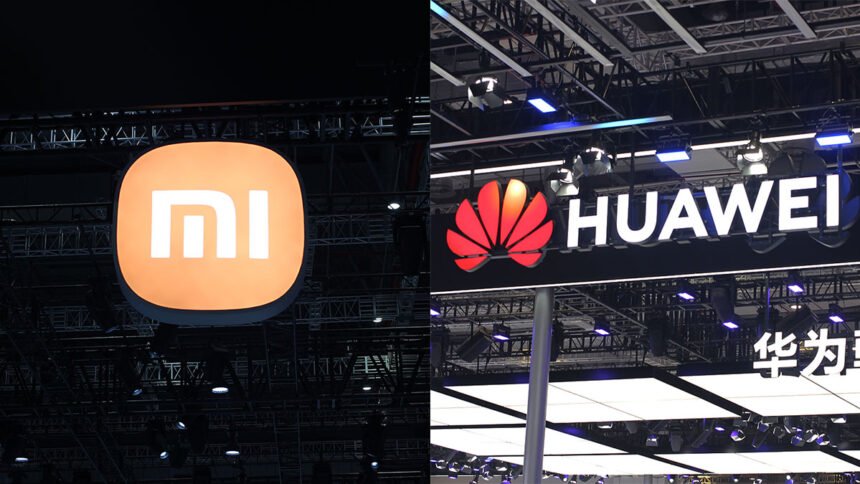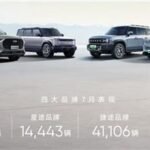The rivalry between tech giants Xiaomi and Huawei has spilled over from the smartphone industry to the electric vehicle (EV) sector. Both companies are vying for supremacy in a fast-growing and fiercely competitive market.
During a speech at the 2025 Shenzhen auto show, Huawei’s Richard Yu took a swipe at Xiaomi’s EVs, suggesting that they are inferior to vehicles from brands backed by Huawei. Despite this, he acknowledged that Xiaomi’s EVs have been flying off the shelves, hinting at jealousy from Huawei.
Xiaomi executives were quick to respond, accusing Huawei of being envious and attempting to tarnish Xiaomi’s reputation. The exchange between the two companies quickly became a hot topic on social media.
Yu’s comments insinuated that Xiaomi’s success in the EV market was due to strong marketing rather than product quality. He implied that Huawei’s vehicles are superior in terms of quality, performance, and autonomous driving capabilities but have not achieved the same level of sales as Xiaomi.
In a rebuttal on Weibo, Xiaomi’s president Lu Weibing defended the company’s success, attributing it to strong product competitiveness and Xiaomi’s values and business model. He quoted renowned author Mo Yan, suggesting that Huawei’s criticism was a form of admiration.
Both Huawei and Xiaomi have made significant strides in the automotive industry. Huawei has partnered with established automakers to create new brands under its HIMA business, while Xiaomi entered the market in 2021 and has seen success with its SU7 electric sedan.
Xiaomi’s EV division has delivered over 28,000 units in May, marking the eighth consecutive month of strong sales. The company currently offers the SU7 series and recently unveiled the YU7 electric SUV.
The rivalry between Huawei and Xiaomi is reminiscent of their clashes in the smartphone market. In 2019, Xiaomi’s launch of the Redmi brand was seen as a direct challenge to Huawei’s Honor brand, sparking a heated debate between the companies.
Despite their differences, both Huawei and Xiaomi are key players in China’s automotive industry, each with its unique approach to innovation and market strategy. The competition between these tech giants promises to drive further advancements in the EV sector and provide consumers with a diverse range of options.







